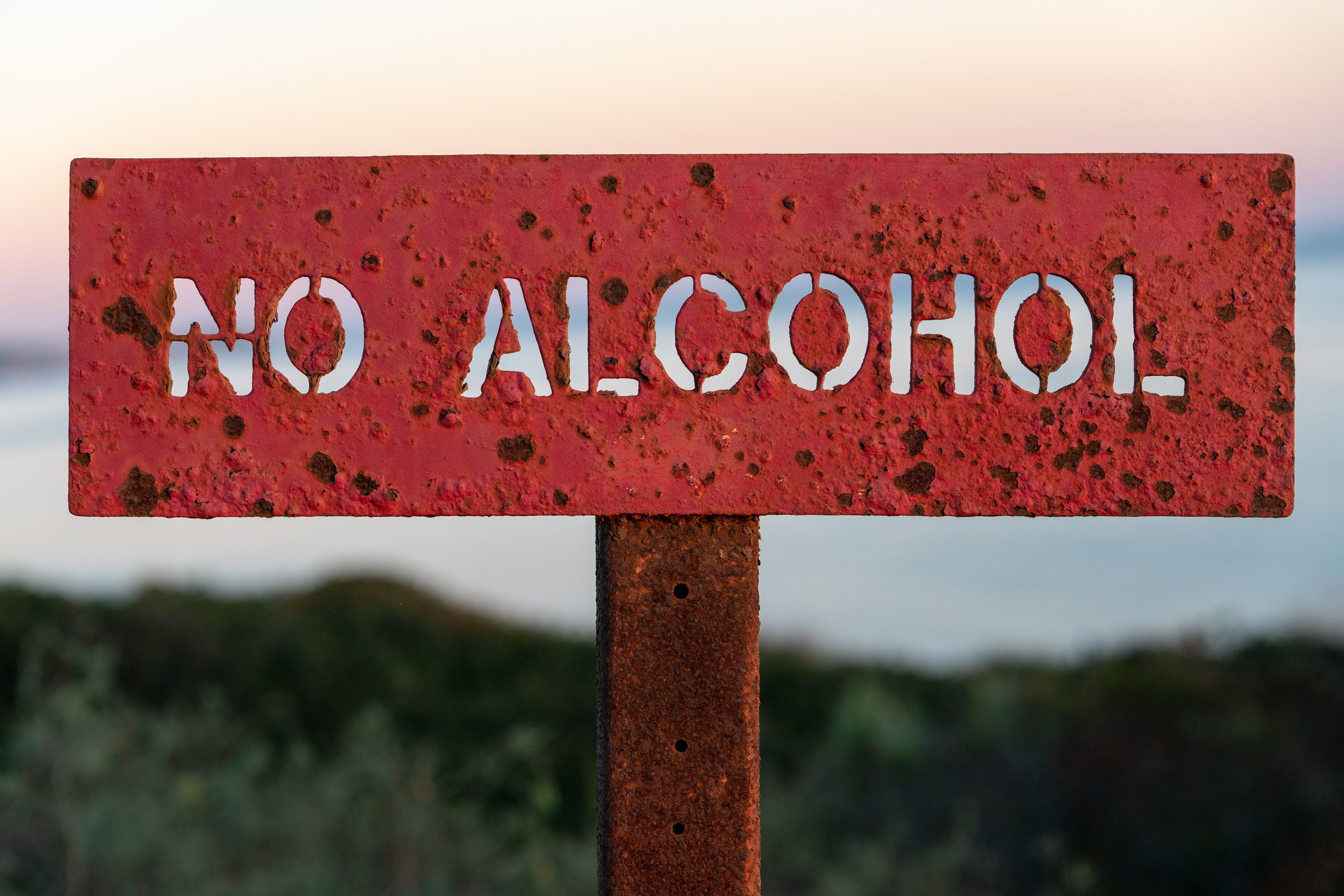Sponsorship Sector Bans for Music Festivals.

Revenue from sponsorship is an essential lifeblood of every music festival. Alcohol brands have traditionally been amongst the biggest financial sponsors of music festivals but there are moves from pressure groups and government bodies to restrict or ban alcohol and other ‘undesirable’ sponsorship from some live events.
Some industries have had strict rules regarding advertising of their products imposed for many years due to a number of factors, particularly health. Tobacco and alcohol companies have attempted to divert their advertising budgets into other areas, especially music festivals. The consumption of alcohol at music festivals makes sponsorship a great match for companies wishing to promote their brands to key target audiences.
Current Status on sponsorship Restrictions.
The Scottish Government is currently in consultation led by Public Health Minister Maree Todd who claims that there is clear evidence that adverts can encourage young people to drink alcohol. This consultation paper is considering a prohibition on alcohol sponsorship for events and alcohol advertising could be banned from sports events, billboards and buses. The consultation period closes on 9th March next year and will also consider alcohol advertising at cultural events like music festivals. Any sponsorship of the arts and music festivals has had bans on tobacco advertising for many years in Europe, Australia and North America. Asian countries are yet to ban tobacco sponsorship of events or festivals and international brands still invest heavily in these unrestricted countries.
Existing Action on Alcohol Sponsorship Bans.
Lithuania banned alcohol sponsorship and sales at music festivals in 2017 and is often referred to as the working example for the future. The Irish government has been touting the idea for some time with their stalled Public Health (Alcohol) Bill 2015 which has yet to be enacted.
Impact on Music Festivals.
The music festival sectors get significant income from alcohol sponsorship and with the current economic climate the loss of this could spell the end of some events. Finding alternative sponsors will remain challenging and, in some countries, governments have offered financial help to replace the loss of this revenue stream.
What's Next?
There is now pressure to extend sponsorship bans at events and music festivals from any organisation associated with the production of fossil fuels due to the popularity of the climate change lobby. Other sectors being targeted are any sponsorship from gambling companies.
Whilst these bans, existing or proposed, are well intentioned they are potentially misguided. Given the profile of the typical festival-goer most may take the selfish view that they prefer their favourite music festival to go ahead irrespective of who sponsors it. Any government restrictions imposed may be politically driven and is another example of the ‘nanny state’ inflicting financial pain on the entertainment industry. Perhaps the decision should be left to organisers and festival-goers whether they want an event sponsored by an ‘undesirable’ company.
For festival organisers planning their events using a software management platform like Festival Pro gives them all the functionality they need manage every aspect of their event logistics including a dedicated sponsor module. The guys who are responsible for this software have been in the front line of event management for many years and the features are built from that experience and are performance artists themselves. The Festival Pro platform is easy to use and has comprehensive features with specific modules for managing artists, contractors, venues/stages, vendors, volunteers, sponsors, guestlists, ticketing, cashless payments and contactless ordering.
Photo by Roberto Vivancos via Pexels
<< Back to articles
Contact us
Get in touch to discuss your requirements.
US: +1 424 485 0220 (USA)
UK: +44 207 060 2666 (United Kingdom)
AU: +61 (2) 8357 0793 (Australia)
NZ: +64 (0)9887 8005 (New Zealand)